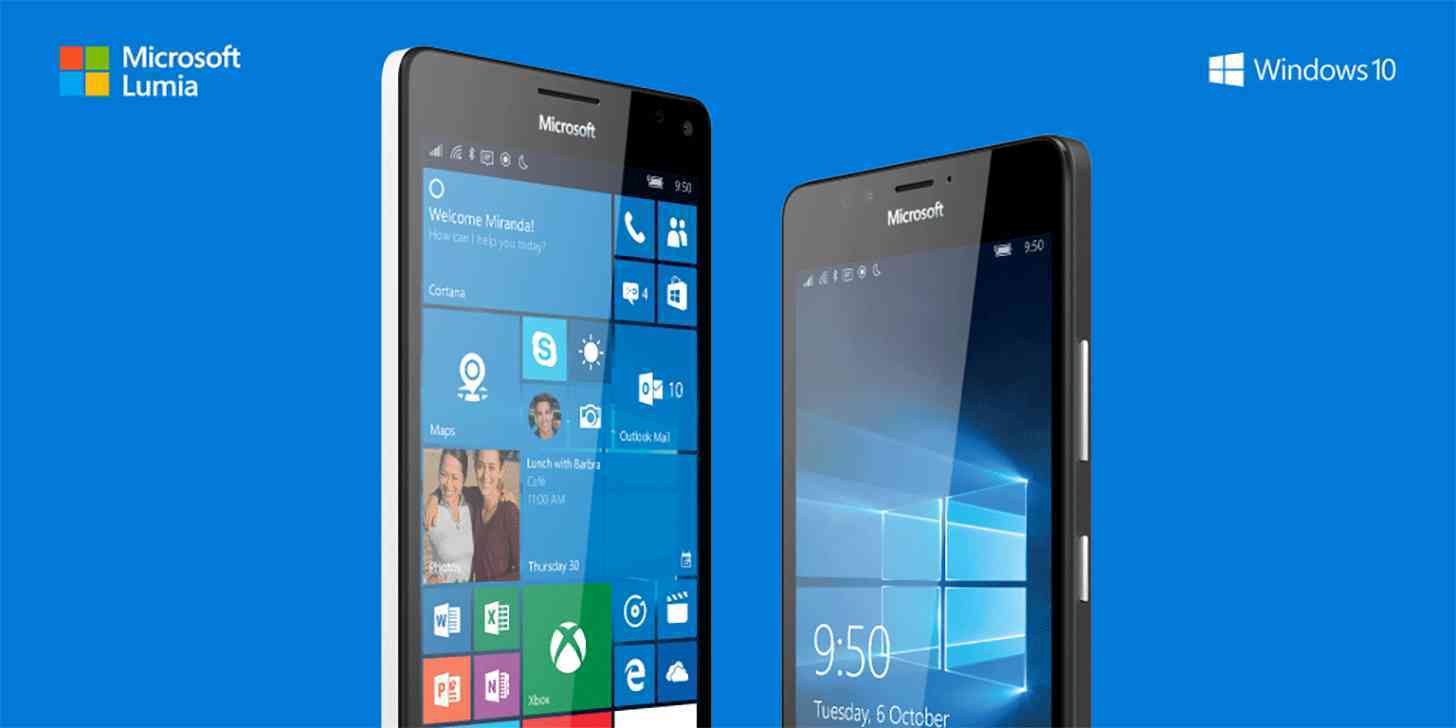
Over the years, Apple and Google have surged ahead of any and all competition in the mobile operating system market. Each year the companies release new software and new devices, with the latter company bolstered by an army of Android manufacturers out there in the wild. Meanwhile, software like BlackBerry’s and Palm’s have gone by the wayside, leaving the race to be handled by Apple’s iOS, Google’s Android, and, just by default, Microsoft’s Windows Mobile.
It wasn’t too long ago that Microsoft’s mobile OS was called Windows Phone, but ever since the company finally made Windows 10 a platform that can work on personal computers, tablets, phones, and even the company’s Xbox console, Microsoft’s just went ahead and rebranded Windows Phone to Windows Mobile.
So, here we are in 2016, and iOS is about to get updated to iOS 10 or X or whatever Apple decides to call it, and Android is about to unveil its “N” major upgrade. Meanwhile, Microsoft recently held its BUILD conference, where they talked up Windows 10 as a whole, but decided to leave most of the announcements off of Windows Mobile’s doorstep.
One could argue that by talking about Windows 10 in general, about any box that the software is on, especially when it comes to developers building universal apps for the platform, it means that Microsoft is talking about Windows Mobile, too. And that’s accurate, to a point. However, it’s been pointed out that Microsoft is essentially “taking a break” from Windows Mobile in 2016, and focusing on the broader position of Windows 10.
Back in March, when BUILD was going on, Windows chief Terry Myerson said that the 4-inch screen is important to Microsoft (just talking about the smaller displays of smartphones, not four-inch phones specifically), but that, this year, it isn’t Microsoft’s focus. He would go on to say that for the company, that four-inch market is “the wrong place for us to lead.”
That sounds like an admission that Microsoft has essentially lost the race in the mobile market, and they’re giving up on it right now. Because what’s the point, right?
It’s not like it’s a secret that Microsoft has had an uphill battle since 2007, when Apple released the first iPhone. Ever since then the smartphone market has been radically improving upon itself practically every year, only up until now is it starting to slow down, compared to previous years. And, when it is finally slowing down, Microsoft decides now is the right time to take a break.
It’s also not a secret that last year’s flagship devices from Microsoft, the Lumia 950 and Lumia 950 XL, didn’t necessarily take the world by storm. A lot of people are waiting for Microsoft to launch a Surface Phone, and those two devices were way more Nokia than Microsoft. Plus, Windows 10 Mobile wasn’t running the best for many when the phones launched, which soured the experience almost right out of the gate.
Windows 10 Mobile has work it needs, and that’s just considering it on its own merit. When compared to the other platforms, like iOS and Android, Windows 10 Mobile is still obviously trailing in a big way, and I don’t think Windows 10 can afford to take a break. Especially not for a year.
The reason Android and iOS continue to lead the charge in the mobile industry is because they continue to push forward. New features. New hardware. Microsoft has always run at its own pace, sure, but I don’t think that’s a good thing anymore. Microsoft is probably planning a huge deal for Windows 10 Mobile in 2017, and maybe it’ll finally be that Surface Phone, but unfortunately for Microsoft and Windows 10, Apple and Google will be building and releasing things that year, too.
Then again, maybe a year off will let Windows 10 Mobile engineers build something really fantastic, and the Surface Phone could show off the next truly revolutionary mobile platform. If that’s what Microsoft is hoping for, aiming to really hit a moonshot next year, do you think it’s worth the wait? Do you think Microsoft should be taking a break from Windows 10 Mobile this year?